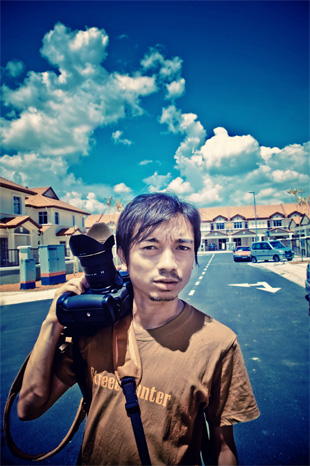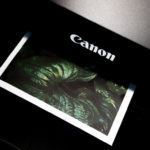A summary based on thousands of cameras of all brands I have seen and repaired. The weak spots of the camera:
LCD display
Glass! Easily broken, when knocked or pressure applied!
Media compartment
- CF Card – long pins inside the camera need to access contacts inside the little holes of the card. Even tough the card has groves along the side, which act as guide rails, I have seen cameras with damaged card slots. Pins easily break off or bend when you’re not careful during seating or extraction of the card.
- Tape mechanism – very delicate and flimsy – do not apply any pressure when loading or removing the tape! Keep it clean and shut when not used.
- Disc mechanism – not too bad, just watch discs for fingerprints and scratches, of course.
- Extendable lens – jammed lens sections due to dirt, sand, and impact. So keep it clean and free of dirt and sand. Make sure the lens is inside when the camera is not used!
Self induced faults: Liquid, sand, and shock damage makes up about 70 percent of all repairs.
Water and Liquid Damage
There are three things to look out for, when the camcorder comes in contact with a liquid:
- Most liquids are conductive and short out circuitry inside the camcorder.
- Corrosion occurs when the liquid reacts with the copper tracks or other components on the circuit board and mechanism. Seawater is one of the worst liquids, as it reacts with most of the components inside the camera.
- In the mechanism the tape gets stuck on the metal parts, such as video head drum and prevents it from spinning. Most liquids leave a residue, which causes malfunction in the recorder mechanism.
How to Minimize Camera Damage
Liquid damage
No matter how badly the camera is affected by the liquid, the first thing you should do is to disconnect the battery or power source to prevent any shorting of the circuitry. Once the camera has been dried, try to eject the tape or other media and use a different one for testing. If this doesn’t help or your camera has been immersed in water, bring it to a repairer as soon as possible to prevent any corrosion.
Sand damage
Any sand or dirt damage, the first thing you should do is to disconnect the battery or power source. Secondly, clean the camera thoroughly with a small dry brush and cloth. Now reconnect the battery, press eject, and remove the tape or other media. Leave the cassette compartment open and remove the battery. When you see sand grains inside the media compartment, just blow it out with compressed air. Try to avoid touching any components, as they can be very delicate, particularly in a tape mechanism. If this procedure was not successful, the camera needs to be booked in with a repairer.
Shock damage
The only thing you can do in this case is to reset the camera by disconnecting the battery or power source for a few seconds and then connecting it again. Try to remove the cassette and then reload again. If unsuccessful, see a repairer.
Damage Prevention
Very important: Have your camera bag sand free and clean from the inside. Do not store any liquids like water bottles, etc. in your camera bag, just in case.
- Use a bag that’s padded on all sides.
- Transport and store your camera without any accessories attached. Keep the camera in a separate compartment, away from other things. This way the camera is less bulky, lighter, and therefore less prone to damage.
- Use a lens filter for protection. Most lenses are none serviceable items and need to be replaced as a complete unit.
- Take your time during loading and unloading the cassette, disc, or memory card. Do not be rushed and apply any force during this procedure. Get into the habit of closing the cassette compartment where it says ‘push’ on the door.
- Keep the camera in a plastic zipper bag inside your padded camera bag to prevent any sand damage on the beach or water/rain damage, etc.
About the Author
Thomas is an experienced technician and lecturer with over 25 years of electronic experience and a passion for amateur filming. He designed camera courses for the beginner to intermediate camera person who wants to increase their technical knowledge in order to get more out of their camera. ALL-CAM courses give you a great background in the technical side of camera operations, so you can enhance your camera skills and spend more time making films, instead of wasting time trying to get your camera to work the way you want it to.
http://www.estudy.net.au the technical aspects of camera, film and television.
Like This Article?
Don't Miss The Next One!
Join over 100,000 photographers of all experience levels who receive our free photography tips and articles to stay current:







Leave a Reply